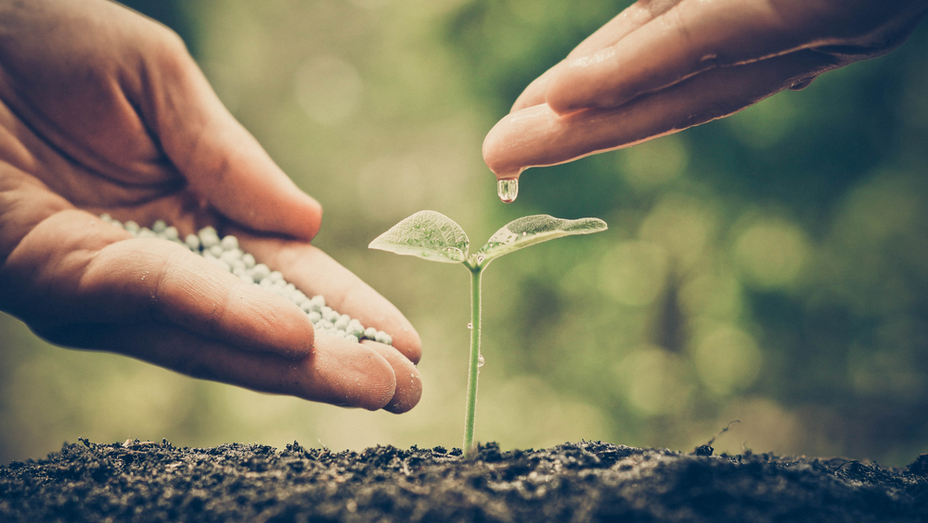How to develop self-accountability
“Sorry I’m late. I got stuck in traffic.” “I’ll get to that project tomorrow. I was just too busy today.” “That’s not my best work. I was tired.” Do these lines sound familiar? You may have even used them yourself. They’re excuses – and they’re a way that we avoid self-accountability.
Excuses are common, but that doesn’t make them acceptable. They’re a tool we use to avoid having to get out of our comfort zones and grow. True winners don’t make excuses – they accept personal accountability for everything in their lives, and it propels them to success.
What is self-accountability?
Self-accountability or personal accountability means taking responsibility for your life. You don’t blame your failures and problems on other people or on outside events – you know that your life is ultimately a result of your own actions. You understand that the only thing you can control is your own behavior, not the decisions and behavior of others.
Self-accountability also means being able to focus on your goals and follow through. You take your commitments seriously because you know that they’re a reflection of your own character. And when you’re not able to finish a task or complete a commitment, you look for the lesson so you can improve in the future.

Why is being accountable important?
If you’re not growing, you’re dying. And if you don’t know how to take accountability for your actions, it’s much harder to work on your personal growth. You’ll always find an excuse for your failure, a reason you weren’t able to achieve a goal, someone to blame when things go wrong – and you’ll never grow as a person.
At work, people with high personal accountability follow-through on their projects and come prepared to meetings. This contributes to building trust in the workplace because coworkers know they are dependable – and that creates stronger teams. They’re also able to create lasting, healthy relationships because they don’t blame others and always seek to understand their own role in a problem.
When you commit to self-accountability, you can achieve anything. You can even walk on fire. Many attendees at Tony’s Unleash the Power Within event have done just that – but first you’ll need to transform your mindset and develop the right set of skills.
How to improve your personal accountability
Self-accountability is one of the most essential traits for a successful, fulfilling career, relationship and life – yet many people struggle with it. These five strategies will help you start being accountable today.
1. Examine your beliefs and values
What is your personal set of rules? Are you loyal, responsible or a team player? These are values of highly accountable people. There are also negative values – criticism, pessimism, laziness – that contribute to a lack of self-accountability. Our values are formed in childhood when we pick up on the beliefs of those around us and strive to earn love by fitting in. Once you identify them, you can change them.
2. Turn your “shoulds” into “musts”

Transforming your mindset starts with turning your “shoulds” into “musts.” Our lives are filled with things we “should” do: lose weight, find a job we love, work on our relationships. To turn these goals into “musts,” connect them to your purpose in life. Understand that they are essential to your happiness. Make a promise to yourself to live with no regrets. As Tony says, “If you can’t, you must. If you must, you can.”
3. Develop time management skills
Being accountable is difficult when you feel that you don’t have enough time in the day. But when you say “I don’t have time,” what you’re really saying is, “I don’t have time management skills.” Throw out your to-do list and use chunking to plan your day. Learn how to use your N.E.T. time, or No Extra Time, more efficiently. These are the small tasks that add up to a lot of wasted time in your day, like commuting and house cleaning, but they can be used to feed your mind and work toward your goals.

4. Watch your words

Everyone has an inner monologue that affects the way we interact with the world. That little voice turns into the behaviors we engage in and the words we choose to speak. The ability to identify and stop any negative self-talk is vital to engaging with others in a positive way. Next time something goes wrong, notice how you react. Is your “inner critic” blaming something other than yourself? Flip those thoughts around and think about how you can improve in the future. That’s personal accountability.
5. Get support
Having someone who can hold you accountable externally can actually be the first step to instilling personal accountability. Many of the most successful people will tell you they didn’t do it alone. With the help of accountability coaching, you’ll make a plan, set goals and unlock your potential. Once you see the incredible things you can achieve, you’ll be addicted to self-accountability.
Ready to take accountability for your actions?
Dive deeper into these concepts at Unleash the Power Within to discover how you can crush the obstacles standing between you and your goals.